Saturday Series of Classes: Podcast Episode #102
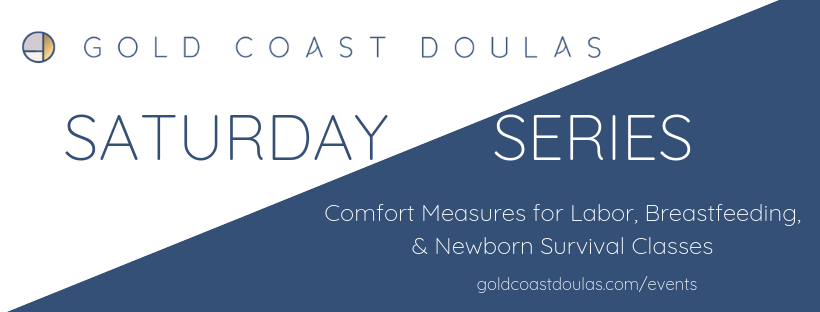
Kristin Revere, Kelly Emery, and Alyssa Veneklase talk about their Saturday Series of classes offered through Gold Coast Doulas. Each goes in to detail about what their classes cover including Comfort Measures for Labor, Breastfeeding, and Newborn Survival. You can listen to this complete podcast episode on iTunes or SoundCloud. Kristin: Welcome to Ask […]
Doula Support for Adoptive Families
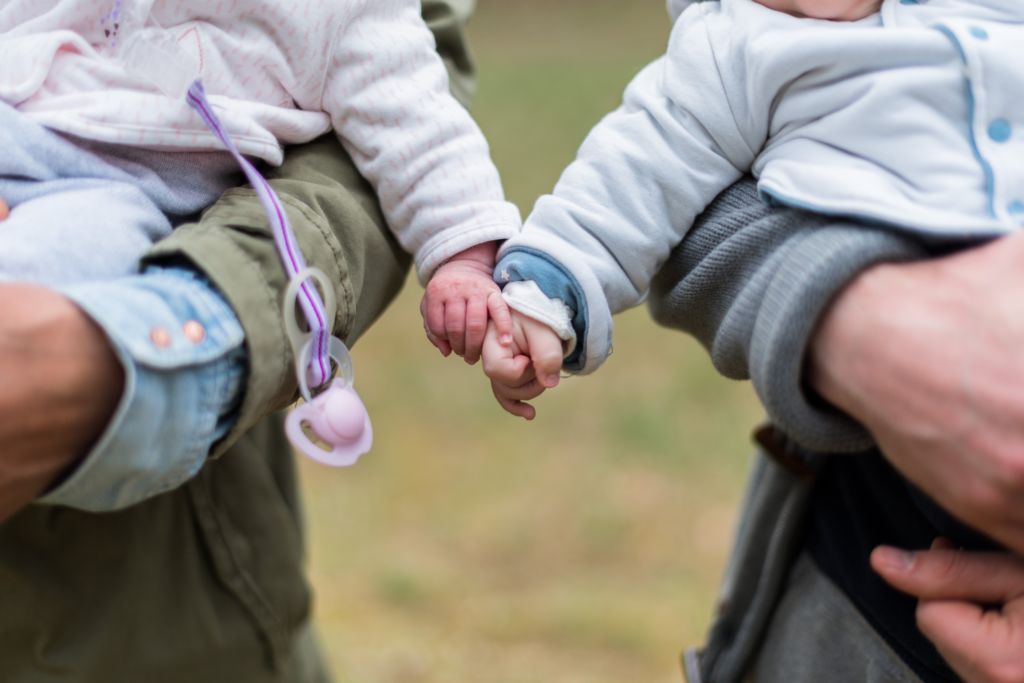
Most parents probably don’t think about hiring a doula if they aren’t pregnant. They think of a birth doula only supporting a laboring mother, but that couldn’t be farther from reality. Birth doulas can support any parent. Postpartum doulas can support adoptive families by helping them to prepare for baby’s arrival and in-home after baby […]
Podcast Episode #22: How to get Dad on board with Hiring a Doula
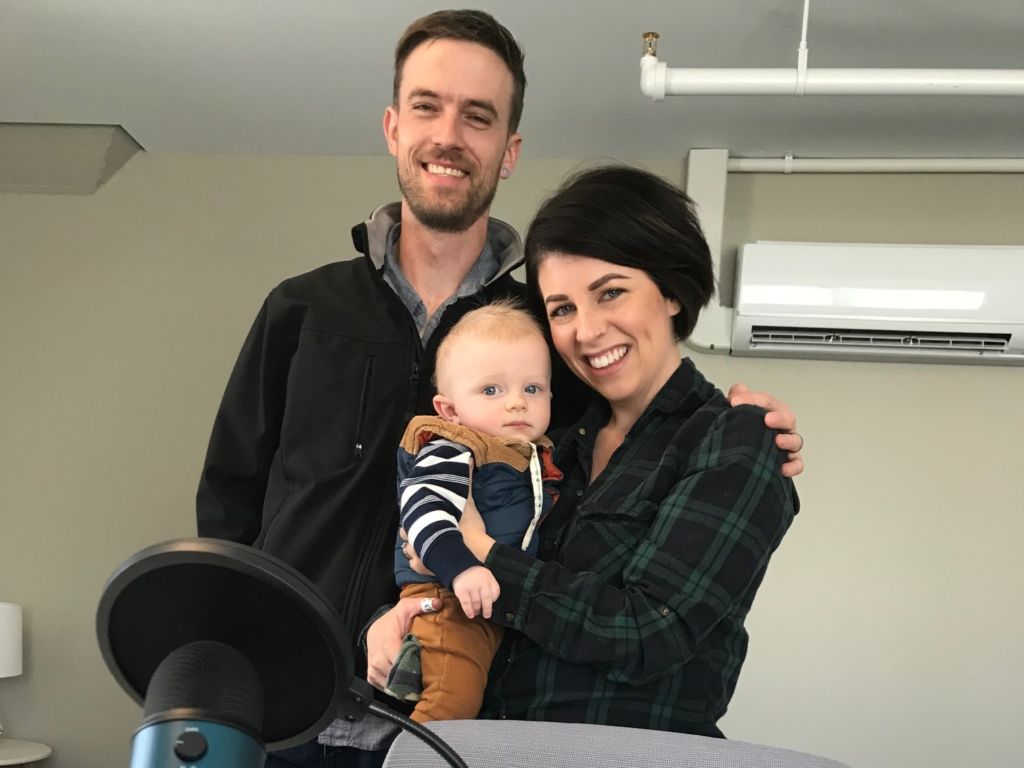
On this episode of Ask the Doulas, Alyssa talks with Amber and Ashton about getting your husband or partner on board with hiring a doula. You can listen to this complete podcast on iTunes or Soundcloud. Alyssa: Hi, welcome to another episode of Ask the Doulas. I am Alyssa Veneklase, co-owner and postpartum doula, […]
The Modern Grandparent
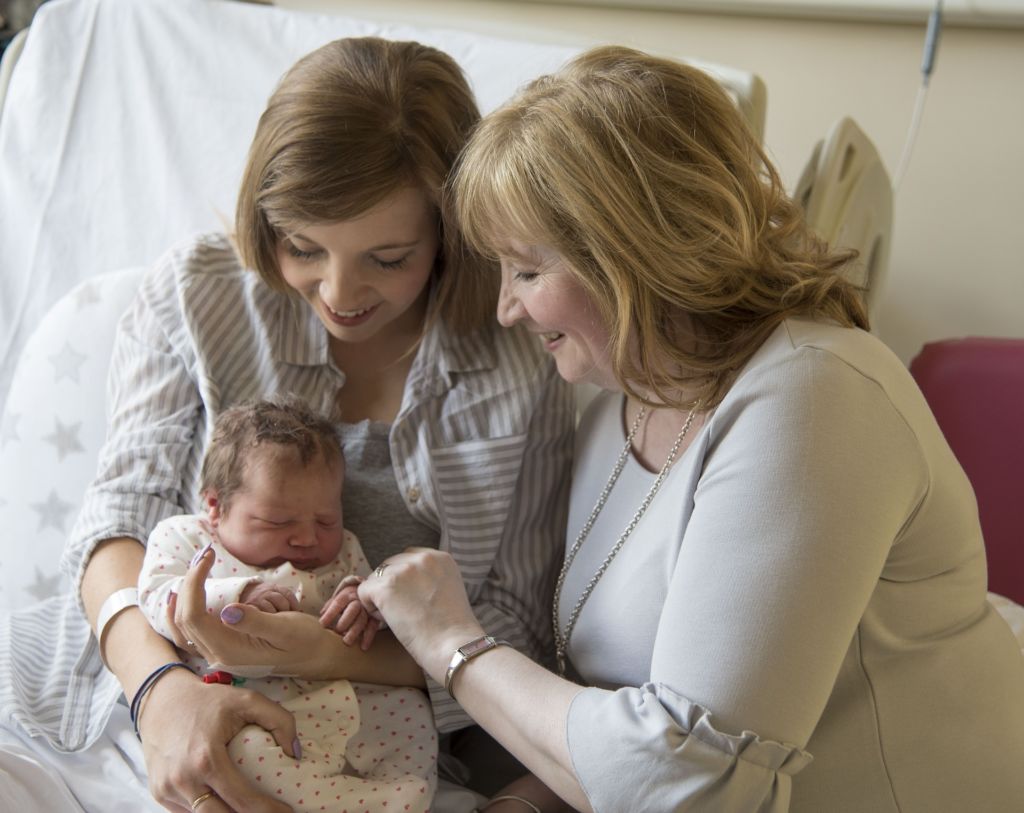
Understanding the Modern Parent First of all congratulations on becoming a Grandparent! Whether this is your 1st or 5th, it is a very excited time for the whole family. Gold Coast Doulas offers in-home private classes for The Modern Grandparent. We are not currently offering group classes. This 2 ½ hour class will break down […]
What kind of oil should I use to massage my baby?
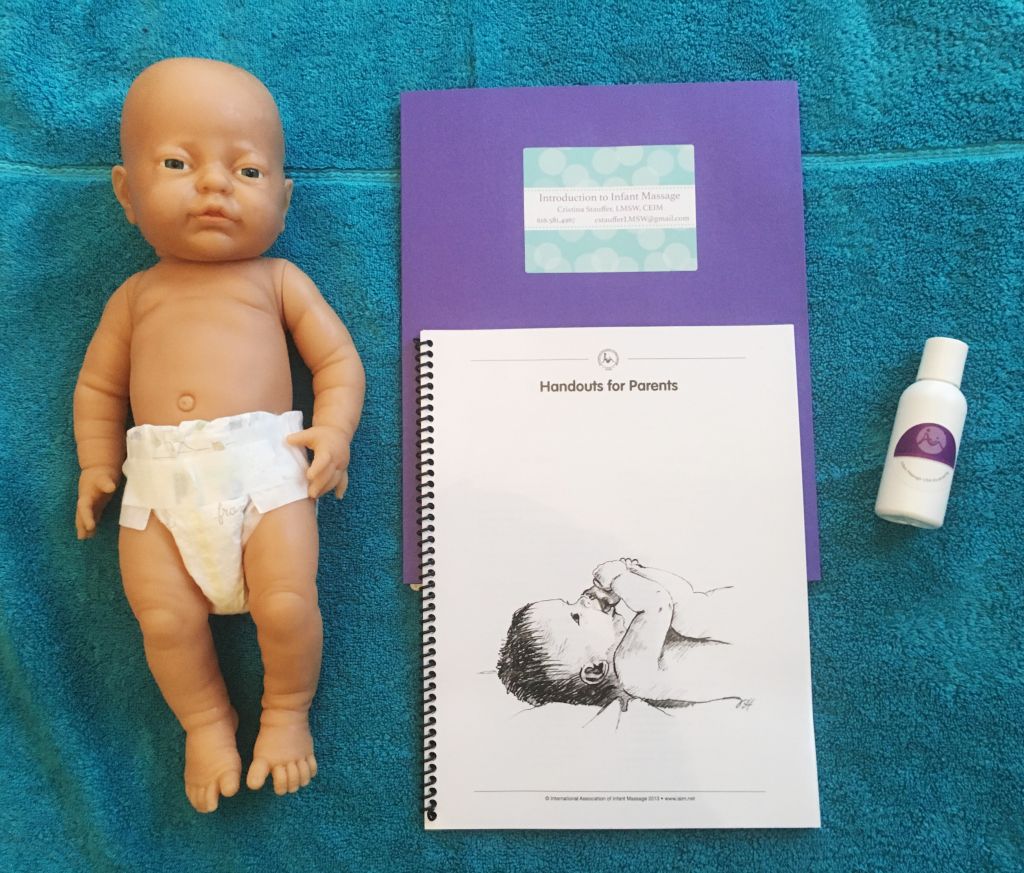
Today our guest blogger is Cristina Stauffer, LMSW, CEIM and infant massage instructor. She’s sharing some wisdom about what oils to use on your baby. One of the most common questions I get related to infant massage is about what kind of oil to use. The International Association of Infant Massage recommends high quality (preferably […]
Newborn Care: Fussiness

When I teach my newborn care class one of the topics we cover is fussiness. This topic gets a lot of reaction from parents. They have a lot of questions. Nobody wants a fussy baby, but the truth of the matter is that every baby is fussy at times. So what do you do when […]
